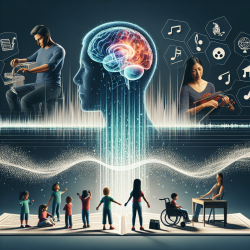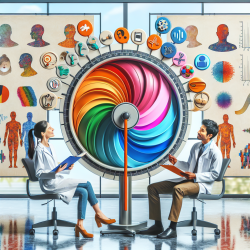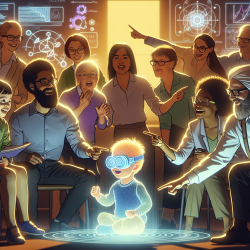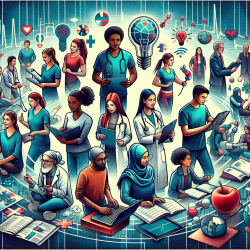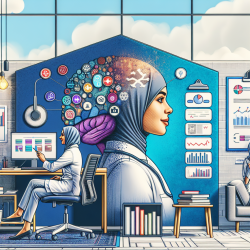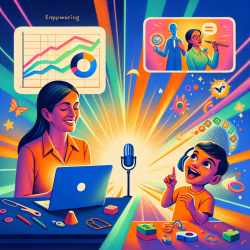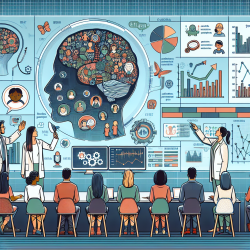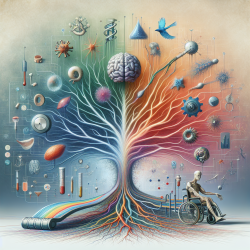Enhancing Therapy Skills Through Neurobiology Insights
In the ever-evolving field of special education, practitioners are constantly seeking innovative ways to enhance their skills and improve outcomes for students. One intriguing area of research that offers potential insights is the study of absolute pitch and its neurobiological underpinnings, as explored in the research article titled "Music of the left hemisphere: exploring the neurobiology of absolute pitch."
Absolute pitch, often referred to as perfect pitch, is the rare ability to identify or produce a musical note without any reference tone. This phenomenon has fascinated scientists and musicians alike, leading to extensive research into its neurobiological basis. The study conducted by Goldberger (2001) at the Yale School of Medicine delves into how the left hemisphere of the brain is involved in this remarkable skill.
Key Insights from the Research
The research highlights several key findings that can be valuable for practitioners, especially those involved in music therapy or auditory training:
- Neuroplasticity: The study underscores the role of neuroplasticity in developing absolute pitch. This suggests that with targeted training, individuals may enhance their auditory discrimination abilities, which can be particularly beneficial for students with auditory processing challenges.
- Left Hemisphere Dominance: The research identifies the left hemisphere as a critical region for processing absolute pitch. This insight can guide therapists in designing interventions that stimulate this area, potentially improving musical abilities and related cognitive functions.
- Early Exposure: The study indicates that early musical exposure is crucial for developing absolute pitch. Practitioners can leverage this information by encouraging early musical experiences for students, which may aid in the development of auditory skills and language acquisition.
Practical Applications for Practitioners
Practitioners can implement the findings from this research in several ways to enhance their therapy sessions:
- Incorporate Music Therapy: Use music as a tool in therapy sessions to engage students and stimulate brain regions associated with auditory processing.
- Design Auditory Training Programs: Develop programs that focus on improving pitch recognition and auditory discrimination, which can be particularly beneficial for students with speech and language difficulties.
- Promote Early Musical Exposure: Encourage parents and educators to provide early musical experiences for children, fostering an environment conducive to developing auditory skills.
By integrating these strategies into their practice, therapists can enhance their skills and potentially improve outcomes for students with diverse needs. Additionally, this research opens the door for further exploration into the neurobiology of music and its therapeutic applications.
To read the original research paper, please follow this link: Music of the left hemisphere: exploring the neurobiology of absolute pitch.
